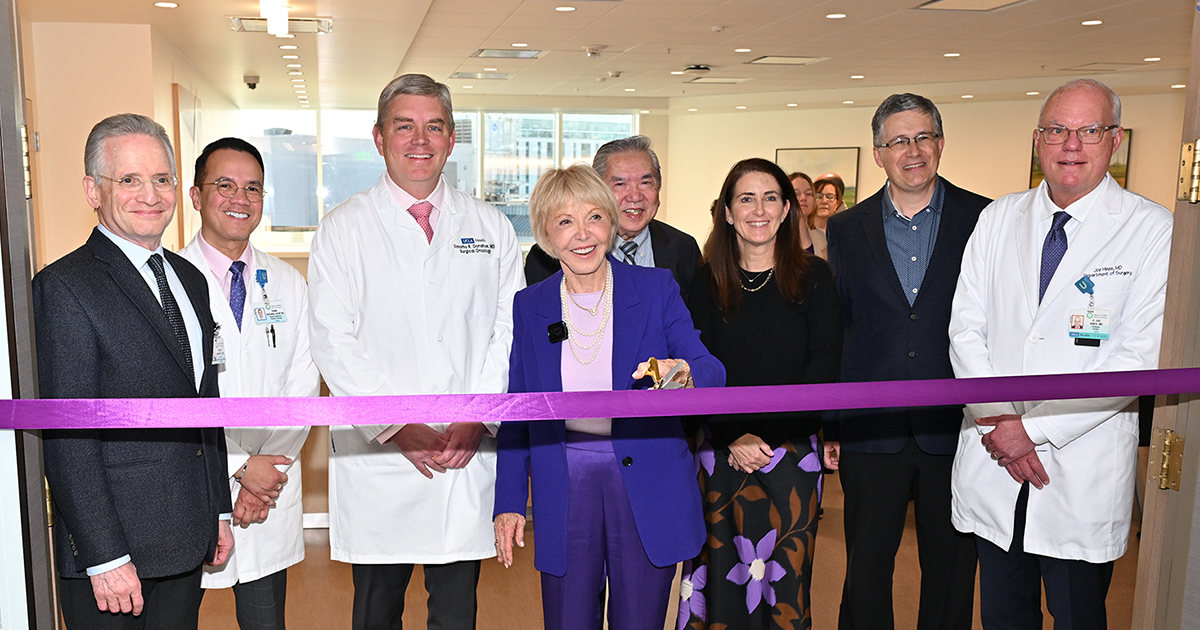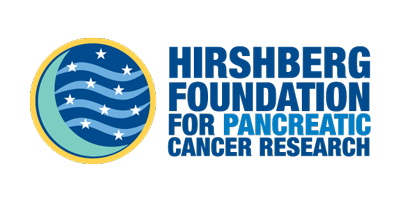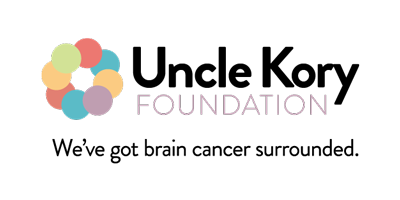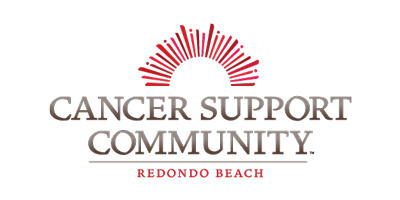The Sahin-Toth Laboratory remains an important part of the Hirshberg Foundation’s research program and is central to our efforts on UCLA’s campus. Led by our Scientific Advisory Board Chair, Dr. Miklos Sahin-Toth, his lab is focused on hereditary chronic pancreatitis, a major risk factor for pancreatic cancer. Dr. Sahin-Toth’s work is in partnership with Dr. Guido Eibl in our Translational Laboratory. Their two teams are committed to better understanding genetics, obesity, diet, and inflammation and how they contribute to pancreatic cancer acceleration.
Dr. Sahin-Toth and his team continue to contribute to prestigious journals, participate in conferences across the globe, and secure funding from the NIH. We eagerly await more updates from Dr. Sahin-Toth and his research group in the future.
Publications from the Sahin-Toth Laboratory in 2023
1. Modelling chronic pancreatitis as a complex genetic disease in mice. Gut 2023, 72:409-410. PMC9666703.
Jancsó Z, Demcsák A, Sahin-Tóth M.
The final published form of a remarkable paper from 2022. Chronic pancreatitis is a complex genetic disease, and patients often carry multiple genetic variants. Here we crossed mouse strains with different pancreatitis-associated gene variants to study their combined effect. Mice with single genetic changes showed no pancreas disease; however, mice with both gene variants developed severe chronic pancreatitis. Gut is a preeminent journal in gastroenterological sciences.
2. Trypsin activity in secretagogue-induced murine pancreatitis is solely elicited by cathepsin B and does not mediate key pathologic responses. Gastroenterology 2023, 164:684-687. PMC10441611.
Geisz A, Tran T, Orekhova A, Sahin-Tóth M.
Our flagship paper of 2023! Here we demonstrated that trypsin activity generated by cathepsin B during the early phase of pancreatitis is a marker rather than a driver of the disease. One important implication is that cathepsin B should not be considered as a therapeutic target in pancreatitis. Gastroenterology is the official journal of the American Gastroenterological Association (AGA), and the most prominent US publication in the gastroenterological sciences.
3. No evidence for the benefit of PPIs in the treatment of acute pancreatitis: a systematic review and meta-analysis. Scientific Reports 2023, 13:2791. PMC9935541.
Horváth IL, Bunduc S, Hankó B, Kleiner D, Demcsák A, Szabó B, Hegyi P, Csupor D.
Alexandra Demcsak (2022 Seed Grant recipient) contributed to this clinical paper showing that acid-reducer PPIs have no therapeutic benefit in acute pancreatitis. The Scientific Reports is an open-access journal publishing original research from all areas of life sciences. It is part of the prestigious Nature Research journal family.
4. Mouse model of PRSS1 p.R122H-related hereditary pancreatitis highlights context-dependent effect of autolysis-site mutation. Pancreatology 2023, 23:131-142. PMC10492521.
Jancsó Z, Morales Granda NC, Demcsák A, Sahin-Tóth M.
Modeling the pathogenic effect of the p.R122H cationic trypsinogen mutation in mice has been a challenge since its discovery in 1996. Here we clarify why this mutation causes pancreatitis in humans but not in mice. Pancreatology is the official journal of the International Association of Pancreatology and the European Pancreatic Club.
5. Substrate specificity of human chymotrypsin-like protease (CTRL) characterized by phage display-selected small-protein inhibitors. Pancreatology 2023, 23:742-749. PMC10528761.
Németh BZ, Nagy ZA, Kiss B, Gellén G, Schlosser G, Demcsák A, Geisz A, Hegyi E, Sahin-Tóth M*, Pál G*. *contributed equally.
The most recent chapter of our long-running collaborative work with the Pál laboratory aimed at the characterization of the substrate specificity of human pancreatic chymotrypsins and elastases. It is hard to believe, but we published the first joint paper on this problem in 2011. Pancreatology is the official journal of the International Association of Pancreatology and the European Pancreatic Club.
6. Risk of chronic pancreatitis in carriers of the c.180C>T (p.Gly60=) CTRC variant: case-control studies and meta-analysis. Pancreatology 2023, 23:481-490. PMC10586708.
Berke G*, Beer S*, Gede N, Takáts A, Szentesi A, Hegyi P, Rosendahl J, Sahin-Tóth M*, Németh BC*, Hegyi E*. *contributed equally.
This important addition to the literature on pancreatitis genetics provides a quantitative assessment of the effect of a common chymotrypsin C (CTRC) variant on the risk of chronic pancreatitis. Pancreatology is the official journal of the International Association of Pancreatology and the European Pancreatic Club.
7. CFTR p.F508del mutation carrier status is not associated with biliary acute pancreatitis. Pancreas 2023, 52:e256-e257.
Martonosi ÁR, Németh BC, Párniczky A, Vincze Á, Szentesi A, Erőss B, Sahin-Tóth M, Hegyi P, Hegyi E.
An intriguing hypothesis that turned out to be wrong. The risk of biliary pancreatitis is not increased by CFTR mutations. Pancreas is the official journal of the American Pancreatic Association.
8. Functional predictors of pathogenicity of missense CPA1 variants in chronic pancreatitis. Gut 2023
Sándor M, Sahin-Tóth M.
Another highlight of our 2023 publications! After functionally characterizing 50 carboxypeptidase A1 (CPA1) mutations, we found, to our surprise, that very few cause chronic pancreatitis and despite measurable functional defects, most CPA1 mutations are benign. Gut is a preeminent journal in the gastroenterological sciences.



